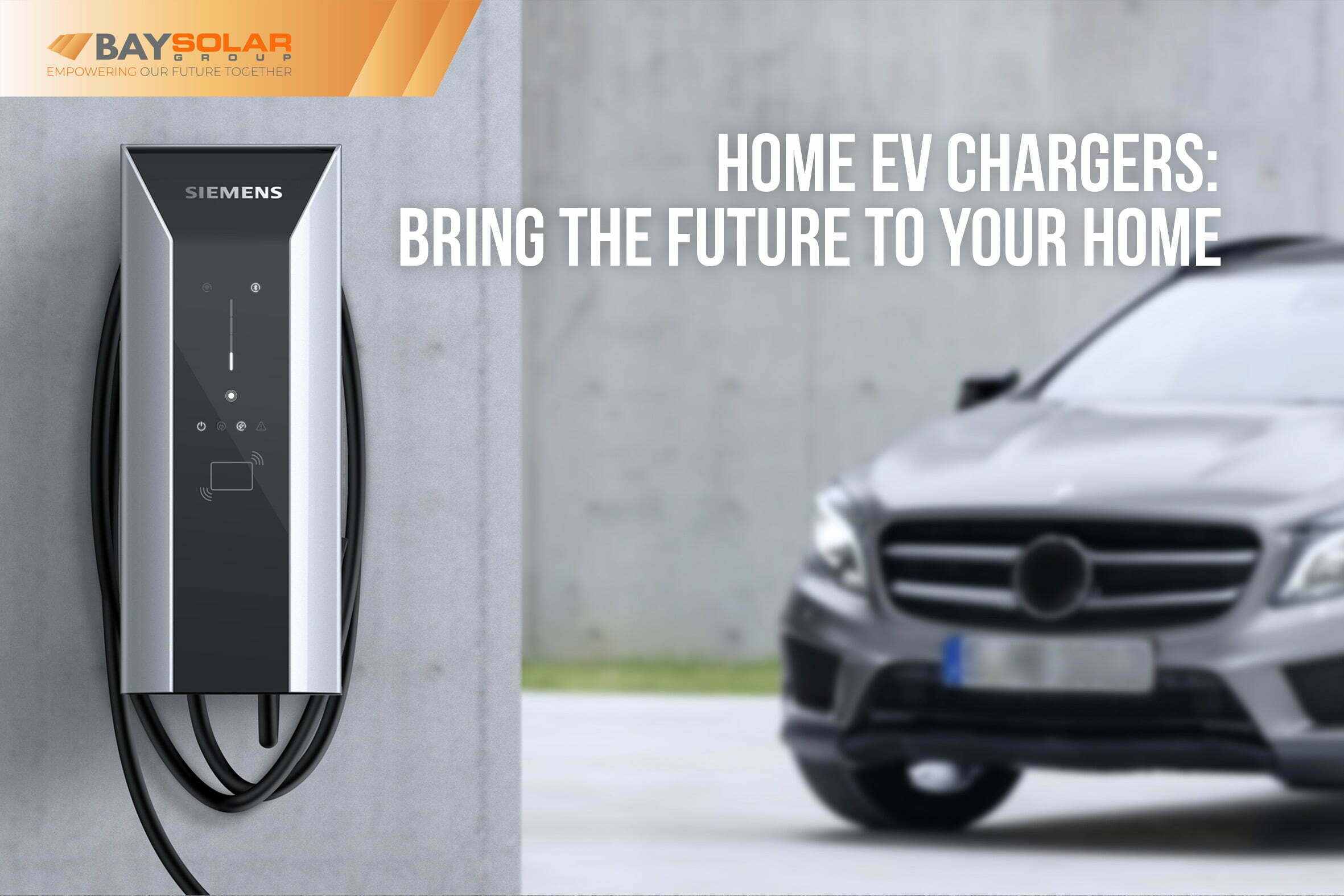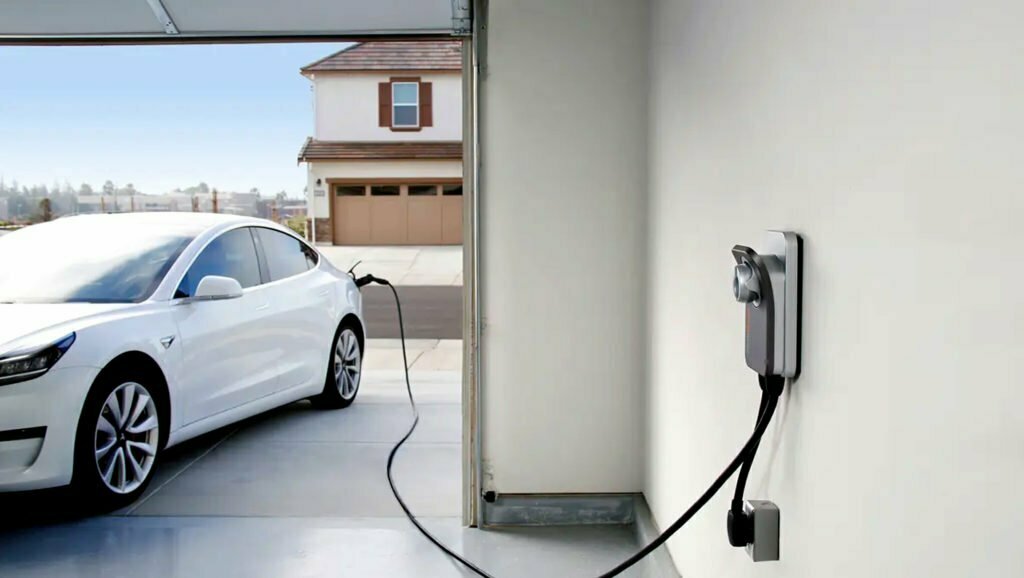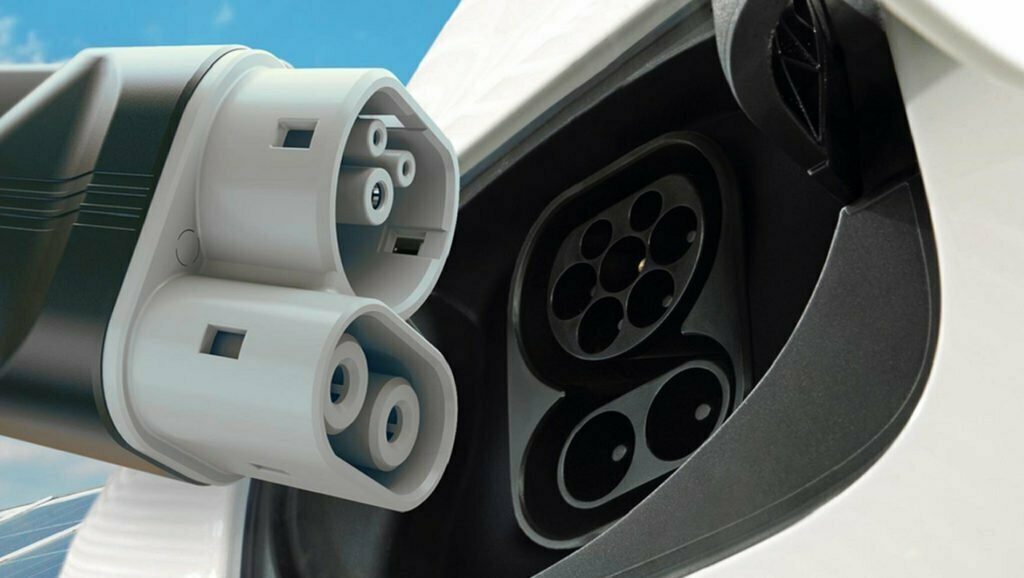The best feeling after purchasing an electric vehicle (EV) of your dreams is driving and enjoying it, right? But, we all know that an electric car needs to be charged for driving. Sometimes charging EV can be problematic, taking into account the newness of the product in the market. Indeed, thanks to numerous upgrades in the solar industry, accessing EV chargers have become convenient. These days you have the opportunity to access EV charging stations in public. What’s more, you are given a chance to buy a home EV charger from companies like Bay Solar Group. The number one benefit of buying from such specialized companies is the guarantee that you purchase the best home EV charger. Plus, such companies specializing in EV charger installation guide you to have the best possible outcome as a unique customer. So, let’s dig deeper into the topic and explore how you should choose the EV charger for it to be the best-fit for your needs and preferences.
Why Purchase Home EV Charger?
Why should you go for the home EV charger if there are public EV charging stations available? The primary incentive for EV owners to go for such a purchase is the convenience of accessing the electric car whenever needed. Imagine coming home late from work and having an important business meeting in the early morning taking place in another part of the city. What is the solution? Plug your electric vehicle into the charger, take a good-night sleep, and get mentally ready to be present in the early-morning occasion. What’s more, the industry is growing daily, implying that you eliminate encountering problems with your EV during long trips with such a purchase. Why is that so? The thing is that car-engineers create a mechanism according to which chargers can be used onboard, allowing electric car owners to charge the battery while driving. Even though these robust details are attractive, let’s explore criteria that should be considered when purchasing the device not to waste money.
Speed
While going for EV charger installation at home, speed is one of the primary key points to care for. The charging speed cannot be the same with every charger. The industry provides customers with a variety of speed options to match their preferences. Usually, an individual’s pick for the vehicle’s speed may vary depending on:
- the range one’s car has
- day-to-day commute
- the style of driving
If these three factors are below average or close to average, the best EV charger should be 32 amperages to be the best-fit for the consumer. Indeed, people are different, and they can prefer high-range cars, have long day-to-day commutes, and sporty driving style. In such cases, consumers should go for the 50-amp chargers.
Cost
Of course, purchasing something needs to be goal-seeking, not to waste money. In the case of the cost to install an EV charger, the consumer gets the opportunity to spend less money and still save money. How is that possible? It is no surprise that drivers spend $1000-$2000 on gas payments annually. Still, with such huge costs, they continuously refuel vehicles. In the case of EV chargers, the annual fee gets cut in half. On top of that, when a customer installs such a charger at home, that individual uses it for many years for different vehicles through amperage adjustments. Plus, companies provide the consumer with the opportunity to conduct safety tests to ensure that everything is within the scope of reliability. Besides, companies providing EV charger installation services like Bay Solar Group offer a warranty that increases customer trust and the probability of using the device longer than expected.
Savings
Depending on the area of your residence, rate plans regarding electric vehicle charging may allow you to lower financial costs based on some criteria. For instance, the charging rate plan at your location may reduce costs if the electric car is being charged during off-peak times, implying at night. Plus, local utilities give consumers the opportunity to take advantage of home charging rebates and grants. The widespread criteria to be able to utilize these grants and rebates is to purchase an EV charger with enabled WiFi. Usually, these financial incentives given by the local utilities cover 75 percent of the EV charger installation cost. Isn’t it a dream opportunity? I guess so!
Final Note
Home EV chargers can complement your purchase of an electric vehicle. As we explored throughout the article, they can be life-savers regarding day-to-day urgent business trips or long trips on the weekends. While choosing a home EV charger, just be careful to ensure that your needs and preferences match your choice of the charger. Speed, cost, and savings – three primary criteria to consider to get the maximum joy from the purchase.
Complement your electric vehicle with a home EV charger – make your life more convenient.
The author of a publication: Veronika Abrahamyan




